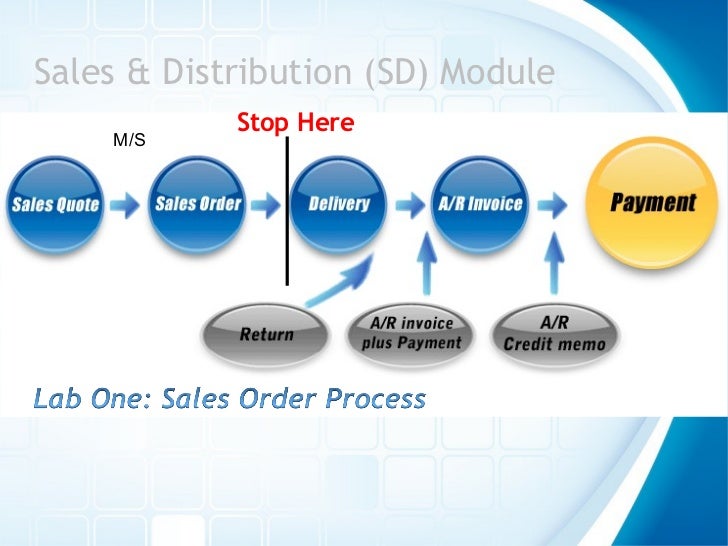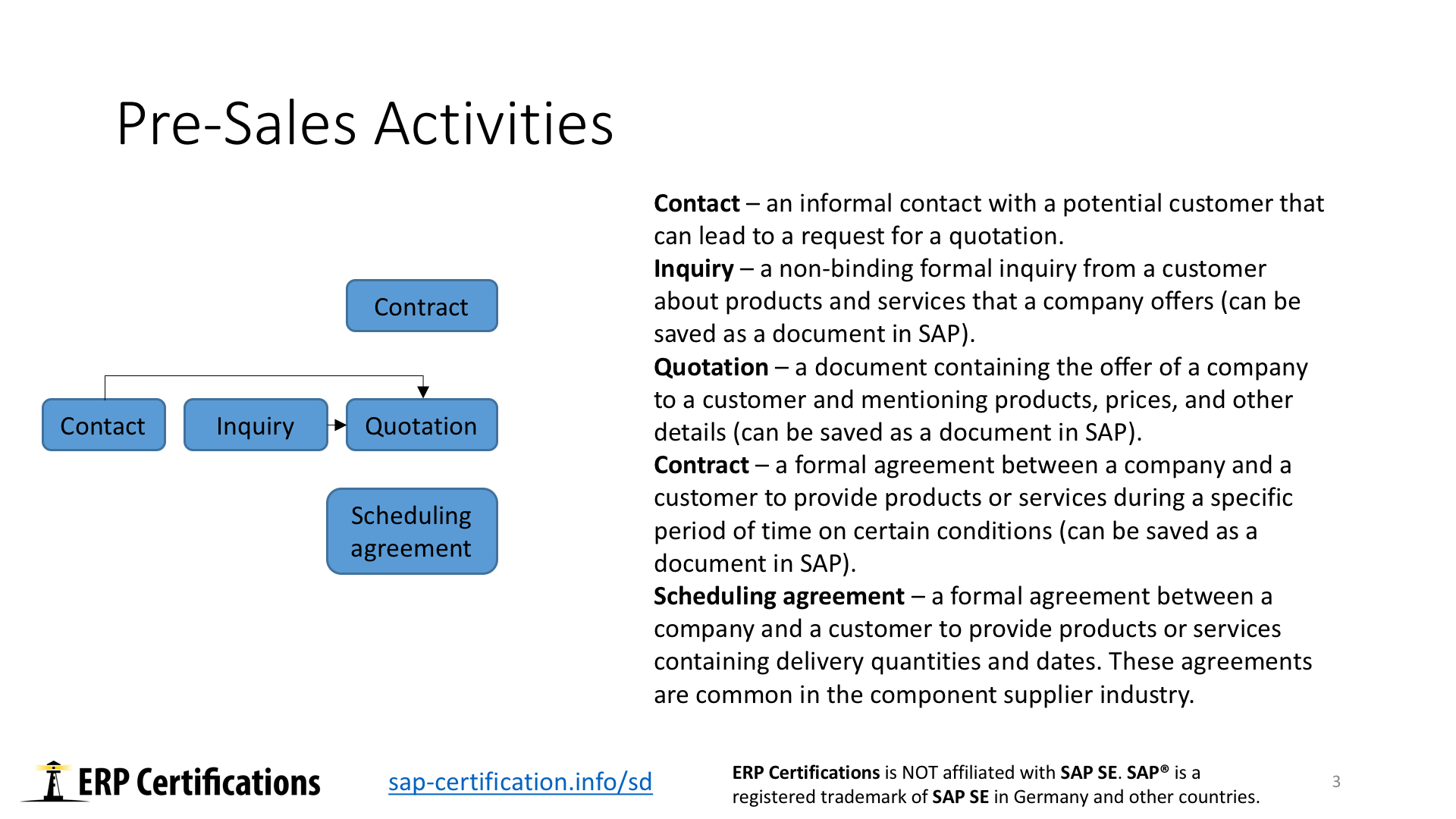Implementing Sap Erp Sales
UPDATED - Avon's Failed SAP Implementation A Perfect Example Of The Enterprise IT Revolution Ben Kepes Former Contributor Opinions expressed by Forbes Contributors are their own. The business benefits of implementing the SAP ERP system which are most often mentioned by its users include: – Increased effectiveness of the company’s logistics processes, thanks to comprehensive support of the planning, procurement, inventory management and sales and distribution functions. View technical information and documentation for implementing, managing, and configuring SAP Sales Cloud solutions. Run an enterprise-grade portfolio Companies with as few as 50 or as many as tens of thousands of salespeople can run our enterprise-grade portfolio of products.
In this article, you will learn what are the advantages and disadvantages of ERP systems. ERP is also known as Enterprise Resource Planning, helps to integrate all the business process in one system. The best leading enterprise resource planning software is mySAP ERP. Enterprise resource Planning is a leading enterprise application that helps to integrate all the individual business process into a single system.The following SAP training guides advantages and disadvantages of ERP (Enterprise Resource Planning) by implementing the SAP software in the organizations.Advantages of ERP (Enterprise resource Planning) Software Advantages of ERP SAP Software
Advantages of ERP SAP SoftwareImplementing Sap Erp Sales Job In Delhi Ncr

Implementing Sap Erp Sales Job

Recent Posts
- What is ERP (Enterprise Resource Planning) Software ERP Systems
- Define Tax Account keys in SAP for GST (Tax Processing in Accounting)
- Define Condition Types in SAP for GST
Your Hands-On Guide to SAP ERP Sales & Distribution
Written by senior SAP consultant Glynn Williams, Implementing SAP ERP Sales & Distribution is packed with tested, time-saving tips and advice. Learn how to use SAP ERP Central Component 5.0 and 6.0 to create sales documents and contracts, control material and customer master data, schedule deliveries, and automate billing. You'll also find out how to deliver robust financial and transactional reports, track customer and credit information, and interoperate with other SAP modules.
Configure and manage the SAP ERP SD module
Track sales, shipping, and payment status using master records
Create multi-level sales documents and item proposals
Develop contracts and rebate agreements
Deliver materials and services requirements to the supply chain
Plan deliveries, routes, and packaging using Logistics Execution
Perform resource-related, collective, and self billing
Generate pricing reports, incompletion logs, and hierarchies
Handle credit limits, payment guarantees, and customer blocks
Integrate user exits, third-party add-ons, and data sharing
Configure pricing procedures and complex pricing condition types
show more